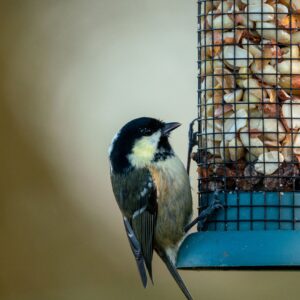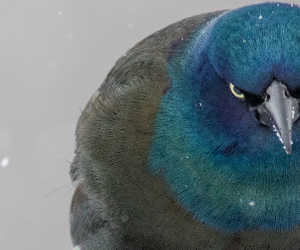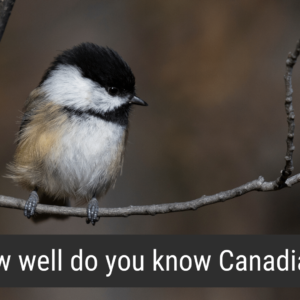Campaign update: Trans Mountain Pipeline project
[dropcap style=”default”]Y[/dropcap]et another pipeline and tanker project to export bitumen from Alberta’s oil sands to Asia or the United States is being reviewed by the National Energy Board (NEB). The Trans Mountain Pipeline Expansion Project would include approximately 990 km of new pipeline between Edmonton and Vancouver and expand a marine terminal in the Fraser River delta. Traffic from this terminal through the Salish Sea would increase from the current five to an estimated 34 oil tankers per month.
Nature Canada and BC Nature, represented by University of Victoria’s Environmental Law Centre, are jointly intervening in the review to ensure that nature is well-represented at the NEB hearings, expected to commence in January 2015. The first job of our team of scientists and lawyers was to carefully review the project proposal –a 15,000-page application from the proponent Kinder Morgan—and submit so-called Information Requests to identify deficiencies in the project proposal. We asked Chris Tollefson (CT) from the Environmental Law Centre about the preparations for the hearings.
Nature Canada (NC): Let’s start off by talking about Information Requests (IRs). What can you tell us about the process of submitting these requests, and what do you hope to achieve?
Chris Tollefson (CT): Project proposals are long, technical documents, but they can at times be somewhat vague. Sometimes, a proposal will state something, but not provide enough supporting detail to give people a full understanding of what it actually means in a concrete way. Other times, a proposal might altogether fail to address an issue that we see as important to the overall viability of that project. Information Requests are a way for interveners and the public to fill in those gaps. Once the proposal is released, intervening groups can send the proponent questions on specific aspects of the proposal seeking clarification and additional information.
NC: So what did your team see as some of the main issues that you sought out information on?
CT: Some examples of big issues are project impact and oil spill impact on IBAs and marine birds, and impact on caribou habitat from the pipeline corridor. Examples of things we asked for additional information on are further details on how marine bird indicator species were chosen, baseline data to assess impacts on marine birds, how impact from chronic oiling on marine birds is assessed, and additional details on the pipeline’s impact on the Wells Gray and Groundhog caribou herds. By asking for this information, we hope to achieve greater certainty that this project is environmentally sound and, where the proponent has neglected to study areas that it should have, send them back to the drawing board to figure out a stronger, safer project.
NC: What are the next steps?
CT: The proponent will provide the requested information to intervenors by June 4. We and our experts will review those answers to determine whether they are adequate. If the proponent does not provide adequate information, we can ask follow up questions in the second round of IRs in the Fall. We will also get a chance to provide our own written evidence in November. According to the NEB’s schedule, the oral hearings will take place in early 2015, with the panel’s report expected in July 2015.
NC: Finally, with respect to the oral hearings, the NEB has indicated that intervenors will not be able to ask questions of witnesses of the proponent or governments, unlike at the Northern Gateway hearings. What is the impact of this decision?
CT: Cross-examination is perhaps the most important part of any hearing. It’s the only opportunity to get at the heart of the matter. For example, during the Northern Gateway hearings Enbridge experts argued that diluted bitumen floats, but during cross-examination it became clear that this was not always the case. It was also through cross-examination that we established that Enbridge’s main metric for assessing impacts on caribou mortality was completely flawed and without scientific basis.
We believe that the NEB is making a serious error in eliminating cross-examination and we (and other groups) are considering ways to get this error remedied before it does irreparable harm to the process.



